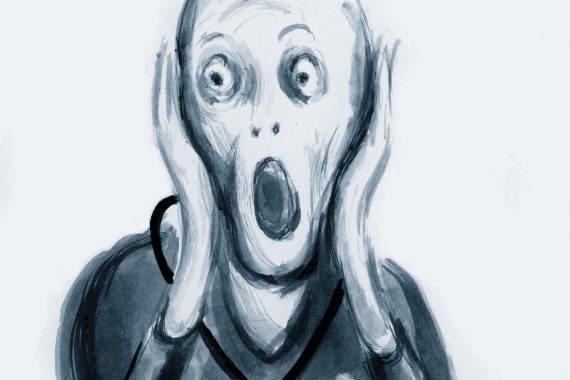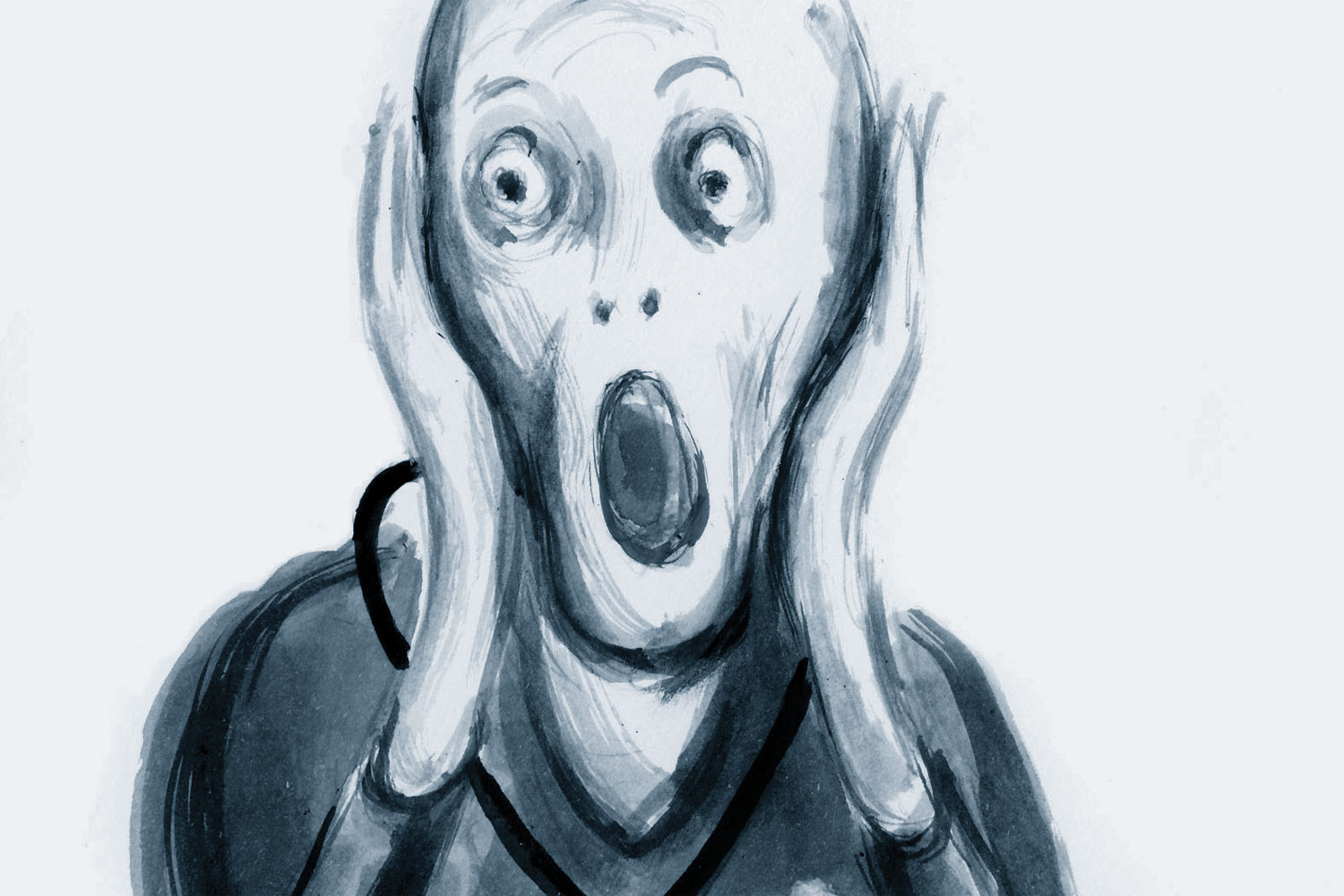The law is an ass when it comes to medical negligence


‘So, in the case of Does this patient have bowel cancer vs just another flare-up of his diverticulosis, has the jury reached a verdict?’
‘Yes, m’lud. But before giving you our conclusion, I would like to make a couple of points. First, that I was disappointed in the jury. Disappointed because various members were, at various times, distracted, dysfunctional, disinterested, disagreeable, disconnected, disgruntled, disinclined, disrespectful and disorderly.
In short, they were dismal. And I include myself in that criticism. Even though I am foreman, I was at best bored and at worst asleep though most of the case. The only matter we reached consensus on was that we’d rather have been somewhere else. Not only because we all had better things to do, like play Minecraft or check Twitter, but also because the case was complex, technical and, frankly, beyond us.
‘Which brings me to my second point. It strikes us that there might be a better way of predicting whether someone might have cancer than using the judiciary. For example, there could be a system whereby the patient’s symptoms are first assessed by generalists, who have a good perspective on symptoms and can interpret them in context.
Prompted by Dr Bawa-Garba’s case, isn’t it time we took a critical look at the jury system?
These generalists could be helped by guidance derived from best evidence and expert opinion. They could then apply judgement and prevailing guidelines to help decide whether the patient should see a specialist for more detailed investigations to establish the existence or not of cancer. This strikes us as a more logical, fair and appropriate system than the one in current use and which I currently represent.’
‘But the verdict as to whether or not this man has cancer?’
‘The verdict is, “whatever”. And yes, it is a unanimous “whatever”.’
Or, to put it in simpler terms for those who, like me, absolutely loathe extended metaphors, whatever system you’re using to judge whatever it is you’re judging has to be fit for purpose. In which case, prompted by recent events involving Dr Hadiza Bawa-Garba, isn’t it time we took a critical look at the jury system? Yes, it’s a proud institution and changing it – or even discussing change – is seen as sacrilegious, but then so was prescribing β-blockers in heart failure, yet nowadays we’re QOF-penalised if we don’t. And even sacred cows evolve, which is why you can’t describe juries as ‘Twelve good men and true’ anymore.
The limitations of standard juries become even more blindingly obvious when they are faced with complicated, technical scenarios, as in the case of Dr Bawa-Garba, where coming to a valid judgment rather than a coin-toss must be tough without context, experience and knowledge, even for the most engaged and committed.
So amid all the well intentioned gestures and protests the current furore has provoked, maybe one in particular could be directed at the legal system. I realise I’m not the first to pitch for expert juries in complex cases, but it would be good to be the last.
Dr Tony Copperfield is a GP in Essex
Pulse July survey
Take our July 2025 survey to potentially win £1.000 worth of tokens











